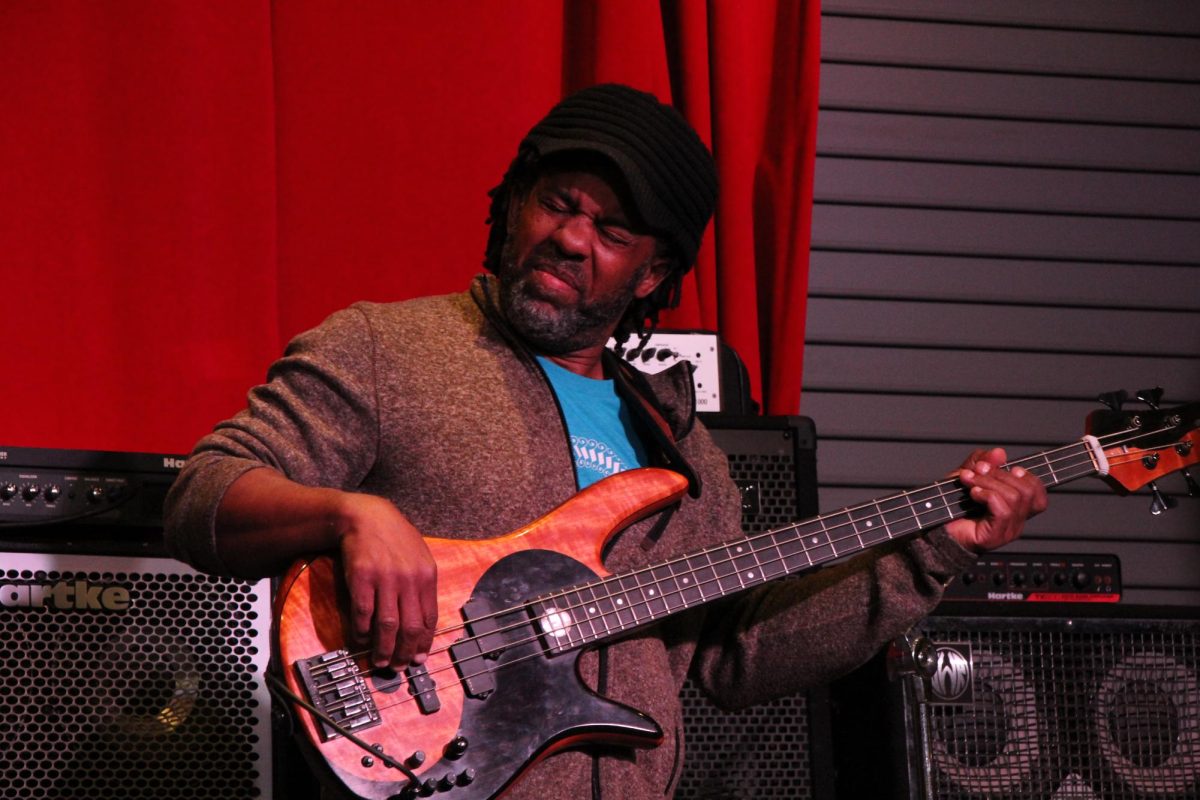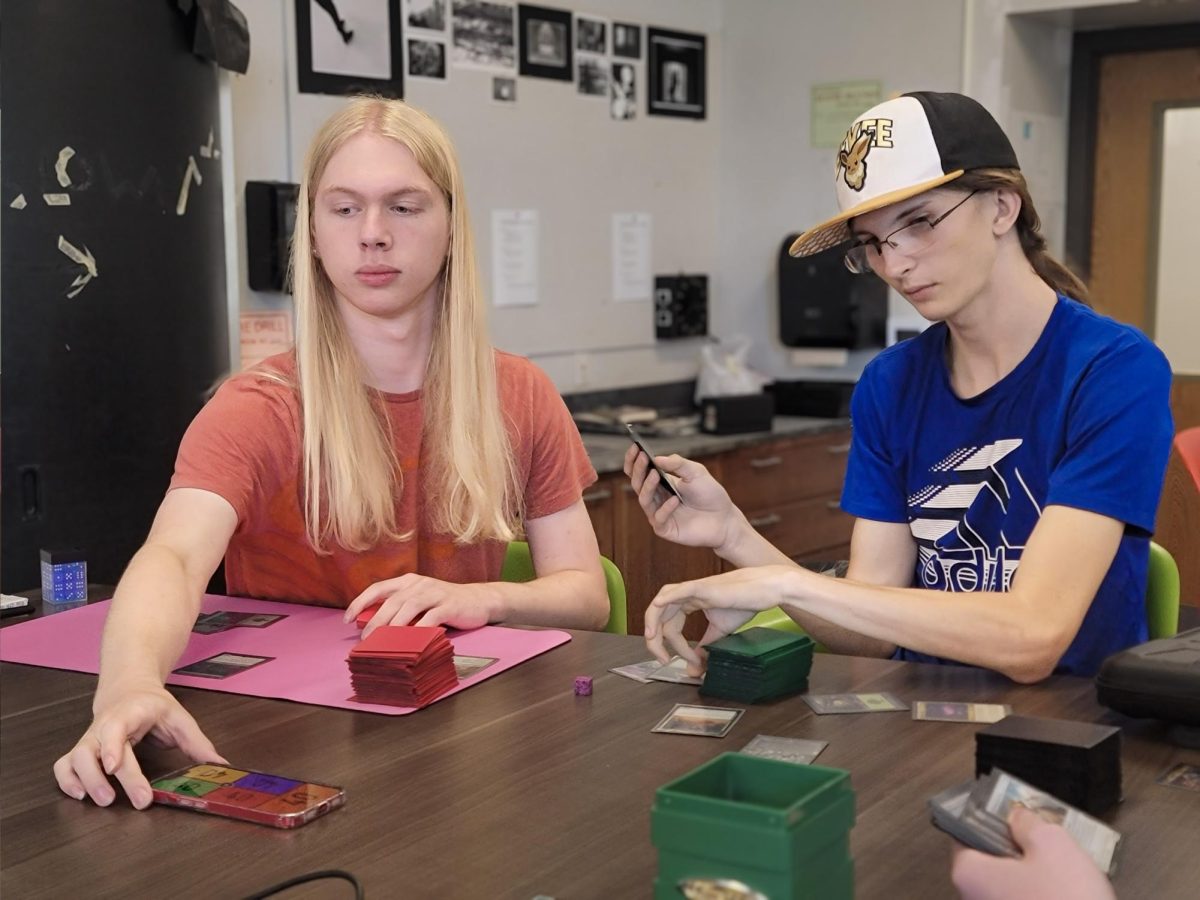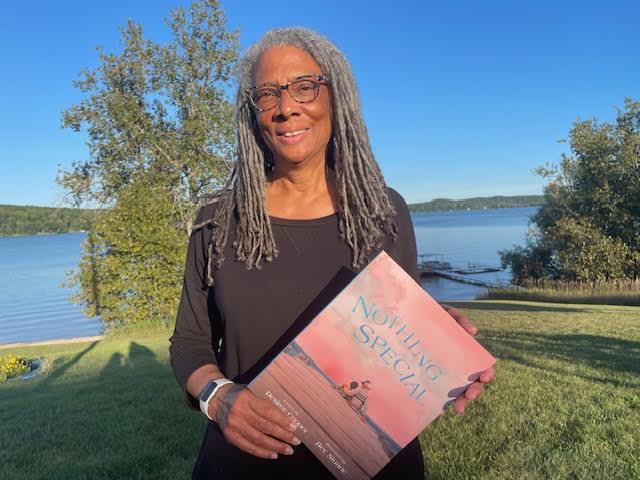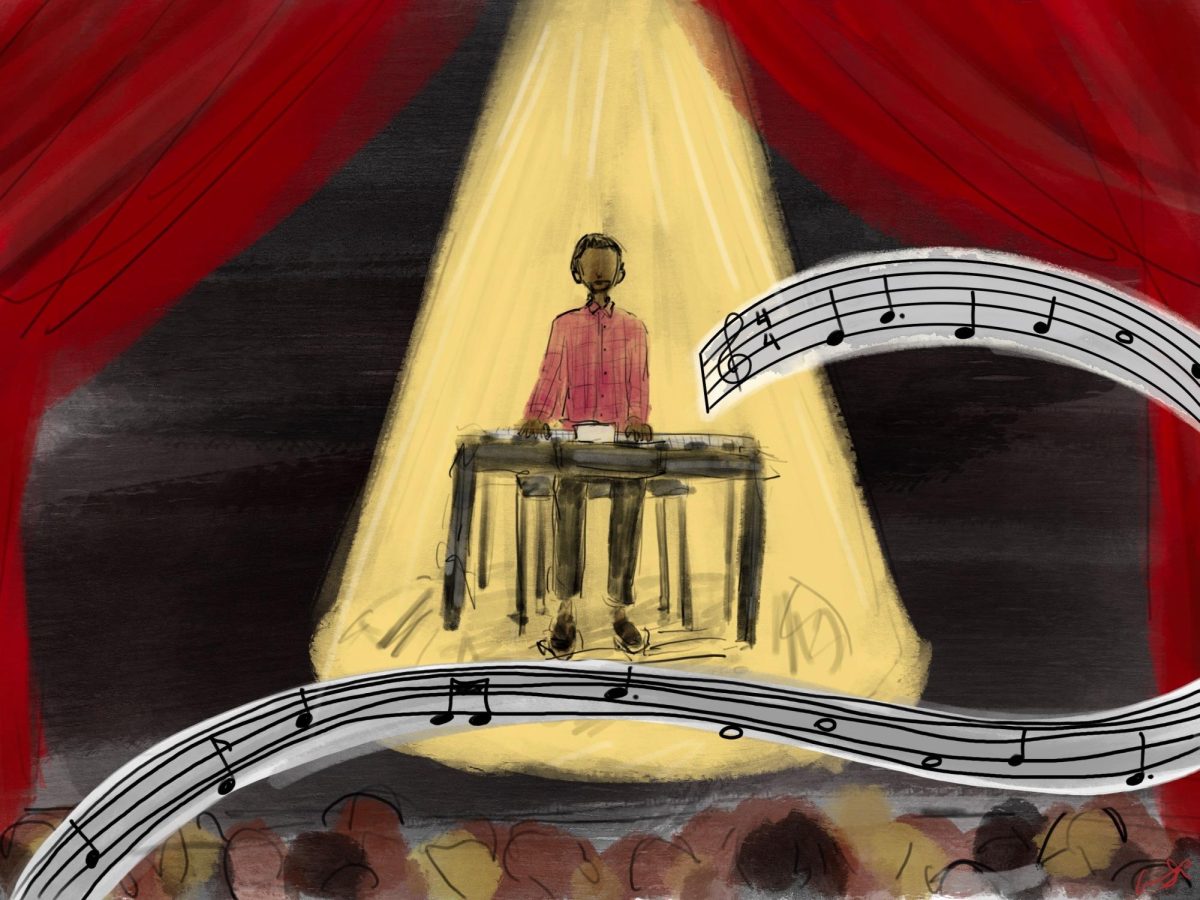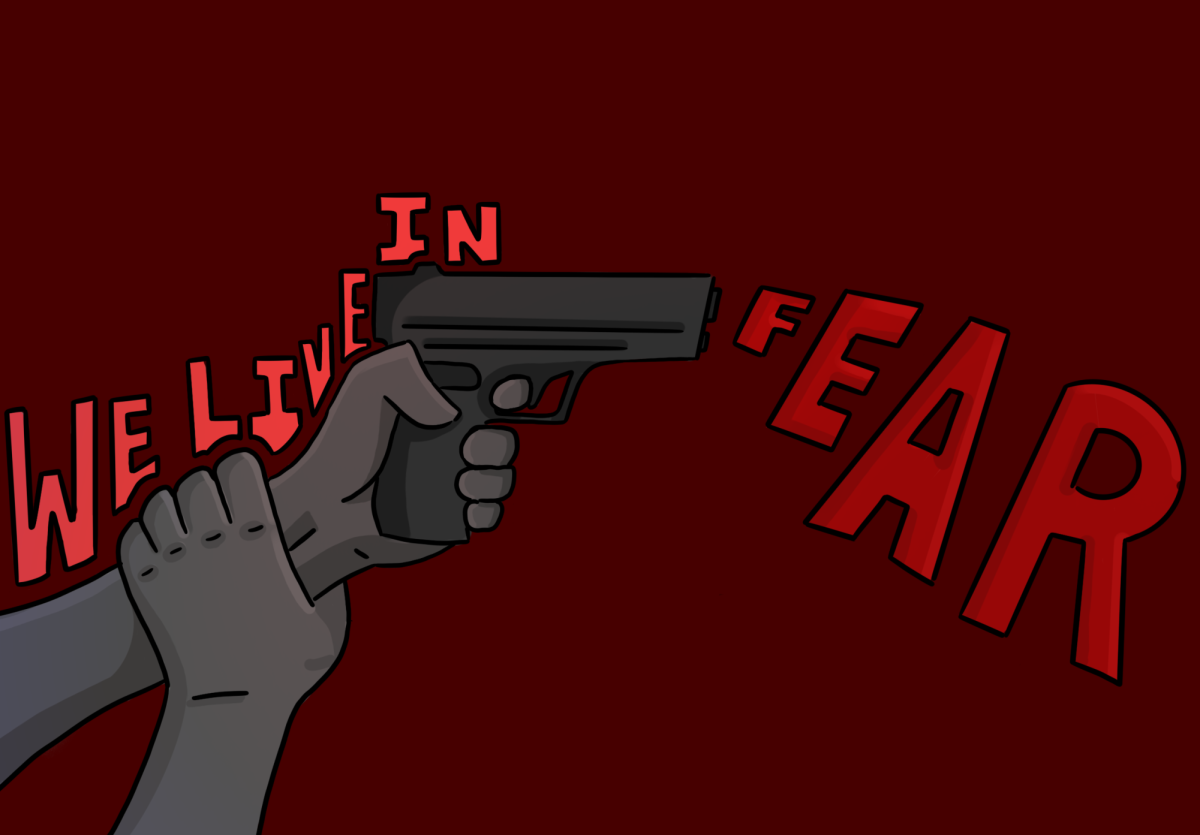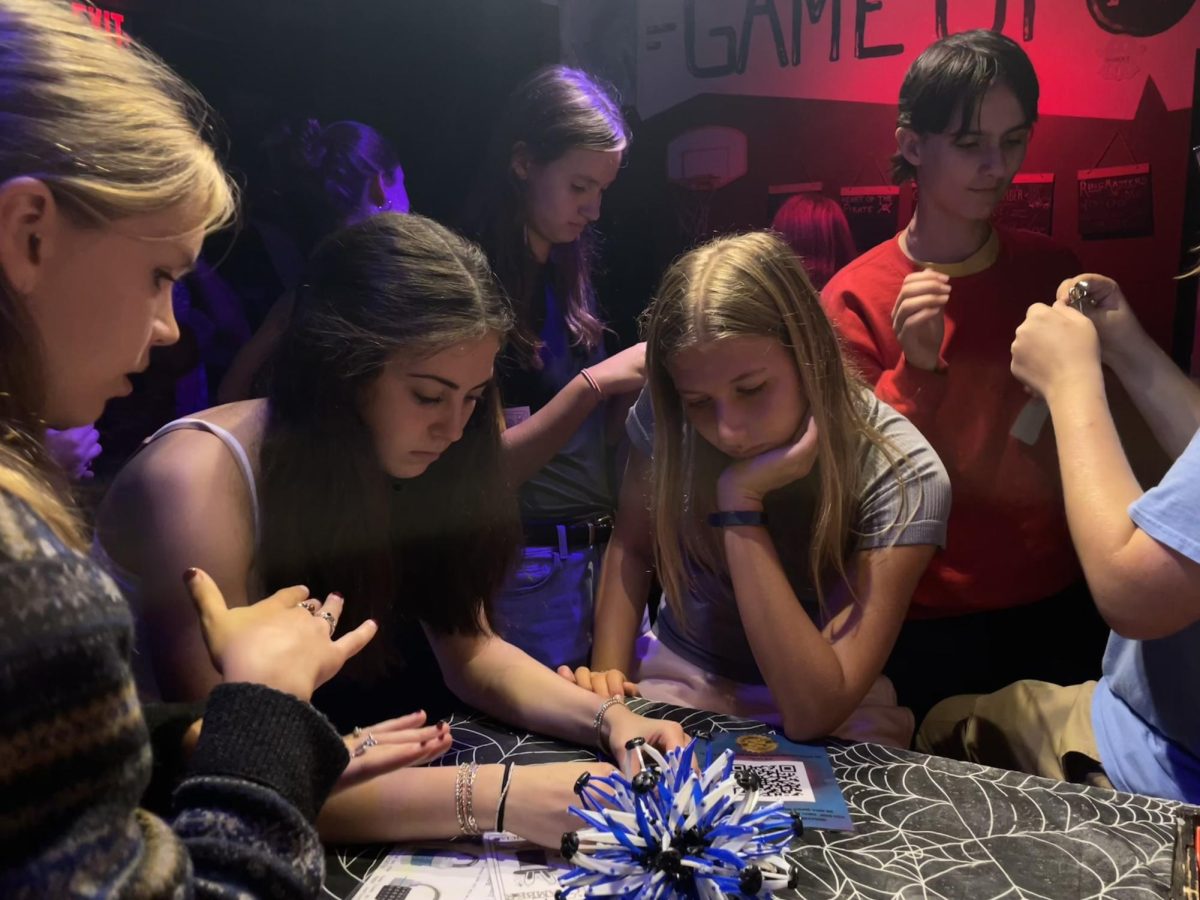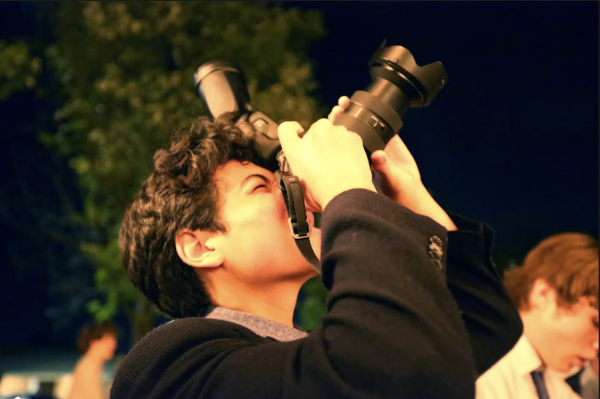Victor Wooten began learning bass at age two and started performing at five. His oldest brother, Regi, taught him and his four older brothers the basics, but more importantly, the power of curiosity. Despite his early introduction to music, Wooten didn’t feel that he knew music or himself fully until he spent some time with Tom Brown Jr. He taught Wooten that music and nature are intertwined, and inspired Wooten to teach this connection to others.
Now, with five Grammys under his belt, among countless other awards, Victor Wooten is widely recognized as one of the best bassists of all time. He teaches at his music camp, “Wooten Woods”, and continues to perform with renowned musicians.
“I think that we’re all living a musical life,” Wooten said. “I don’t think there’s any way not to, you just don’t have to call it music.”
When Wooten was born, his brothers had already decided that he would be a great bassist. Growing up in a musical family, he learned quickly and fell in love with his art.
“I learned music in the exact same way you learn to speak: you didn’t have any lessons, you’re in the jam session from day one,” Wooten said.
As a music teacher, Wooten frequently highlights this idea of learning from those better than you. At his camps, the beginners play with the pros, letting them grow exponentially. This musical growth is something that Wooten hopes all his students will find, but he believes that a greater takeaway is the life lessons he teaches.
Wooten’s Mother, Dorothy Wooten, played a key role in teaching him many of these life lessons, especially in terms of what he valued as a person and a musician.
“The world needs more than just good musicians, we need good people,” Mama Wooten said.
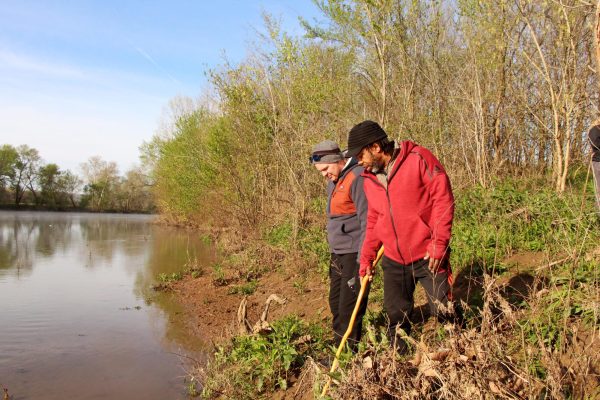
“To give you a little secret about our camp, music is just to get people here,” Victor Wooten said. “If I say Victor Wooten is doing a music camp, I get a lot of people, and then we can teach life lessons through music.”
The connection between music and life became apparent to Wooten when he started teaching music. Learning to play music as if it were a language made it so that he saw music as many equal parts.
“I realized everybody’s teaching notes, but I know that there’s more to music than notes,” Wooten said. “And for some reason, I came up with the idea of breaking music into 10 parts.”
In his book “The Music Lesson”, Wooten describes this part-by-part breakdown of music: notes, articulation, technique, feel, dynamics, rhythm, tone, phrasing, space and listening. He believes that by looking at more than just one or two parts of what makes music, one can understand what they are creating on a deeper level.
“I realized that all of these things that we were talking about were life qualities too,” Wooten said. “So by teaching them through life, you get to the essence quicker.”
Wooten was already known as a renowned bassist towards the end of the 80’s, however, his perspective on music, nature and life would change with the turn of the decade.
“I first made the realization about music and nature and how they are very similar in 1991, when I took an outdoor class led by a man named Tom Brown Jr.,” Wooten said. “Tom Brown Jr. gave me another way of teaching, and it really wasn’t that different, but I was able to add things to it by asking more questions than giving answers.”
Will Militzer, a CHS student, recently attended Wooten’s camp, “Wooten Woods”, with the Community High Jazz Program.
“Victor Wooten’s teaching style is very interactive, he really lets you figure things out.” Militzer said.
Wooten’s camp is strategically placed in the middle of Tennessee, where you can see trees for miles during the day and a sky full of stars at night. Without strong cell service or other societal distractions, the camp provides a haven for the unification of music and nature.
Wooten works with people like Bob Heminger — a nature enthusiast, teacher and saxophone player — to incorporate nature into his camp. Heminger leads nature-based exercises where he teaches students to listen and notice the things around them, skills that can be used as a musician.

At the CHS Jazz trip to Wooten Woods, the students woke up at seven every morning for a nature activity. One morning activity was Tai Chi with a local expert, and another was a blindfolded drum search, where students were blindfolded in the woods, then told to find a beating drum without that fifth sense. It was not required, but encouraged, that campers also do this barefoot to help them fully tune into nature and their intuition.
“There were really freeing moments like walking barefoot on those stones following the sound of the drum,” said Lila Fetter, a senior who also attended the camp. “It was horrifying in some ways but also just ‘wow.’ I feel so inspired to write songs again.”
Unconventional methods of teaching such as blindfolds, bare feet and Tai Chi left a lasting impact on students and helped to cement the art of listening. Wooten’s childhood helped weave music into his soul, and Brown taught Wooten to weave music into the world. Now, through his camp, Wooten gets to share the connection between music, life and nature.



